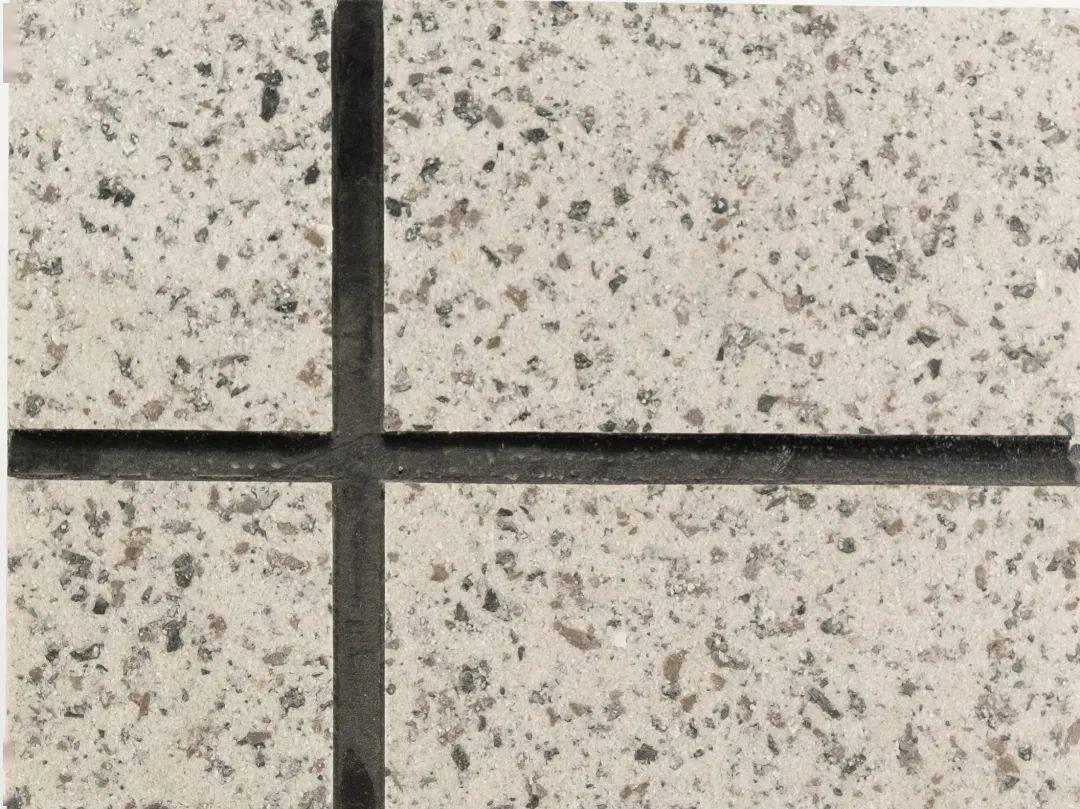
Coarse Perlite for Enhanced Soil Aeration and Drainage Solutions
Exploring Extra Coarse Perlite Benefits and Applications
Perlite is a unique volcanic glass that has gained popularity in various industries for its remarkable properties. When expanded through a heating process, perlite transforms into a lightweight, porous material, suited for multiple applications. Among its various grades, extra coarse perlite stands out due to its larger particle size, which offers distinct advantages in both horticulture and construction. In this article, we will explore the benefits and applications of extra coarse perlite, illustrating why it is an essential component in modern practices.
What is Extra Coarse Perlite?
Extra coarse perlite is characterized by its larger particle size, generally ranging from 5 to 25 millimeters in diameter. This increased size enhances its physical properties and utility. The expanded volcanic glass is known for its lightweight nature, providing excellent insulation and aeration benefits. Unlike finer perlite grades, extra coarse perlite maintains larger air pockets, allowing for improved drainage and moisture retention, making it an attractive option for various applications.
Benefits of Extra Coarse Perlite
1. Improved Drainage One of the most significant advantages of extra coarse perlite is its ability to improve drainage in potting mixes and soil blends. The larger particles prevent compacting, which can lead to root rot in plants. By using extra coarse perlite, gardeners and horticulturalists can create a well-draining environment that promotes healthy root development and overall plant growth.
2. Aeration Properties The aeration capabilities of extra coarse perlite are unparalleled. Its structure allows for an easy flow of air, which is crucial for root respiration. In high-density plantings or hydroponic systems, providing adequate oxygen to the roots is vital for plant health. Extra coarse perlite ensures that plant roots have access to the oxygen they need, promoting robust growth and preventing diseases.
3. Lightweight Nature In construction and horticulture, the lightweight quality of extra coarse perlite offers substantial benefits. When used in potting soils or as a lightweight aggregate in construction, it reduces the overall weight of the materials, making them easier to handle and transport. This characteristic is particularly advantageous in urban gardening, where rooftop gardens need to be mindful of weight limits.
extra coarse perlite

4. Thermal Insulation Extra coarse perlite’s thermal insulation properties make it an excellent choice for various construction applications. It can be used in plaster, drywall, and as an insulating material in building projects. Its ability to regulate temperature helps in energy efficiency and contributes to sustainable building practices.
5. Chemical Inertness Perlite is a chemically inert material, which means it does not react with other substances. This characteristic makes extra coarse perlite safe for use in food and horticulture environments, as it does not leach harmful chemicals into soil or plants. This aspect is crucial for organic gardening practices.
Applications of Extra Coarse Perlite
- Horticulture Extra coarse perlite is widely used in potting mixes, soil amendments, and hydroponic farming. It provides an ideal growing medium that enhances plant health and yields.
- Construction In the construction industry, extra coarse perlite serves as a lightweight aggregate in concrete and plaster. It is also used in insulation materials, contributing to energy efficiency in buildings.
- Filter Media Due to its porosity, extra coarse perlite is an effective filter media, used in various filtration systems, including aquariums and water treatment facilities.
In conclusion, extra coarse perlite is an invaluable material with numerous applications across horticulture and construction. Its unique properties of improved drainage, aeration, lightweight nature, thermal insulation, and chemical inertness make it a versatile solution for modern challenges. As industries strive for efficiency and sustainability, the use of extra coarse perlite will undoubtedly continue to grow, providing essential support for healthy plant growth and innovative building designs.
Share
-
Fly Ash Solutions Enhanced by GPT-4 Turbo | Sustainable InnovationNewsAug.01,2025
-
Natural Premium Bentonite Cat Litter - Superior ClumpingNewsJul.31,2025
-
Premium Resin Coated Sand - High Heat Resistance CastingNewsJul.31,2025
-
High Quality Silicon Carbide Grit for Abrasive ApplicationsNewsJul.30,2025
-
High-Quality Ceramsite for Plants & Gardening | Lightweight PebblesNewsJul.29,2025
-
Premium Burgundy Glass Marbles for Vases & Shooter GamesNewsJul.29,2025






